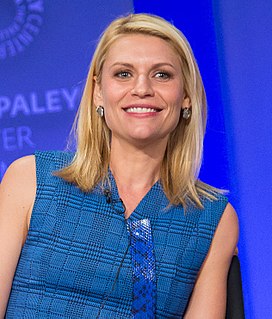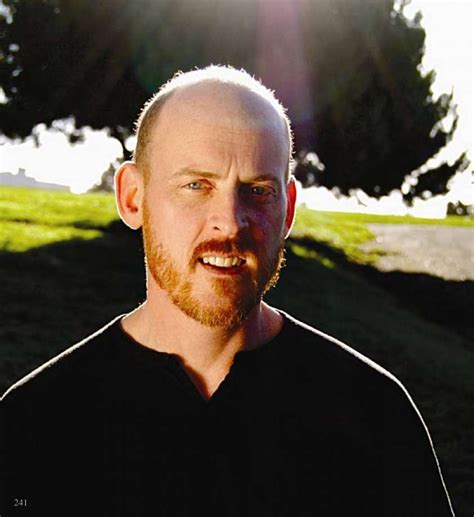A Quote by Lisa Lutz
I wrote the first draft of 'Plan B' the summer after I turned 21.
Related Quotes
Six years after I wrote the first draft of 'Plan B,' I received my first paycheck as a writer. It included both the $3,000 in deferred option money as well as half the fee for performing the initial rewrite. The amount was scale according to the Writer's Guild guidelines, but a lot, according to me.
After finishing the first draft, I work for as long as it takes (for two or three weeks, most often) to rework that first draft on a computer. Usually that involves expansion: filling in and adding to, but trying not to lose the spontaneous, direct sound. I use that first draft as a touchstone to make sure everything else in that section has the same sound, the same tone and impression of spontaneity.
Almost all good writing begins with terrible first efforts. You need to start somewhere. Start by getting something-anything-down on paper. A friend of mine says that the first draft is the down draft-you just get it down. The second draft is the up draft-you fix it up. You try to say what you have to say more accurately. And the third draft is the dental draft, where you check every tooth, to see if it's loose or cramped or decayed, or even, God help us, healthy.
































